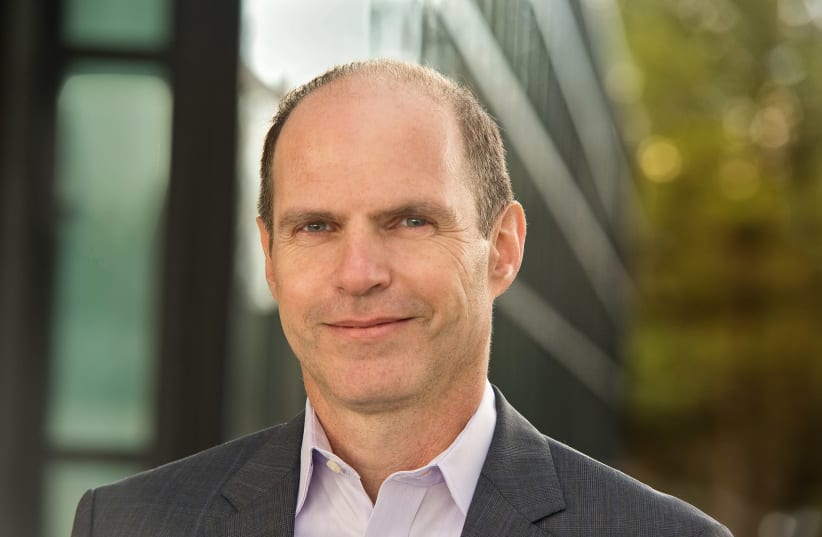Innovative hackers keep Israeli tech giant CyberArk on its toes
Founded in 1999 when other technology companies focused on developing firewalls and other technologies to keep attackers out, CyberArk focused on protecting sensitive organizational data and assets.

